How Baraka is Thriving in a Vocation Program and Inspiring His Peers and Teachers to Support Inclusion for Students who are Hard of Hearing
Posted on October 8, 2025
Baraka George, a young man who is hard of hearing, is making history at Adu Vocational Training Center. Thanks to the advocacy efforts of Kupenda for the Children and the commitment of his father—who trained as a disability advocate in Kupenda’s first parents’ workshop—Baraka enrolled at Adu Vocational Center this year, even though the school has no sign language teacher. By observing and practicing carpentry skills in the vocational classes, Baraka is thriving independently, showing that inclusion is possible even in settings without specialized teachers. His success is paving the way for Adu and other vocational centers to become more welcoming to students who are hard of hearing, reducing the need to travel long distances to schools like Gede Vocational School.
This article is based on an interview with Baraka conducted by Veronicah Kuria, Kupenda’s Communications Officer in Kenya. Veronica is a dedicated mother to a child with autism and an advocate with over 12 years of teaching experience.
On 22nd September 2025, I visited Adu Vocational training center accompanied by a sign language interpreter to follow up on Baraka George, a learner who is hard of hearing who enrolled this year under the support of our scholarship program.
The visit was to establish Baraka’s academic progress, interaction with peers and the impact on his family and community. We found him undertaking his carpentry and woodwork training. He was actively fixing pieces of timber on the vice, working along with his classmates.
Baraka has adapted to the program and has built friendships with peers – Benjamin, Benson and Martin. His friends have taken the initiative to learn basic sign language words such as boy, girl, and greetings. This has enabled smooth communication. Baraka also shared how his friends taught him on how to operate the woodworking machine, sharpening tools and taking accurate measurements-tasks that initially frustrated him. This peer learning has helped to support what the teacher had initially taught in class.
From this training, Baraka successfully produced a table and some chairs which he proudly took home. He intends to make more.
Teacher Feedback
Mr. Kuthuthu, Baraka’s teacher and instructor, expressed great satisfaction with his obedience, punctuality, and eagerness to learn. As a teacher, this has stirred [in Mr. Kuthuthu] a personal desire to undergo a basic sign language training to enhance communication and support Baraka better.
The administration remains open and positive, expressing readiness to welcome more learners with disabilities into their program.
Impact At Home
When we arrived at Baraka’s home, the sense of pride was overwhelming. The mother welcomed us with tears of joy as she brought out chairs that Baraka had made for the family. She explained that in the past, she felt embarrassed when visitors came because they lacked proper seating; often relying on logs and empty jerrycans. Now, thanks to Baraka’s new skills, the family owns durable furniture, restoring dignity to their home. She was indeed grateful to Kuhenza and God for making this possible.
Summary
Baraka’s journey is a testimony on the power of inclusive vocational training. Above acquiring carpentry skills, Baraka is now more confident, has formed friendship and is able to uplift the family dignity. As an organization, we are grateful to our friends and partners who made this possible. We hope to extend such opportunities to more young people with disabilities.
Follow us on Facebook, Instagram, LinkedIn, YouTube, and X.
Learn more about Kupenda in our podcast.
Sign up for our newsletter.
Or provide a child scholarship for just $35 / month.
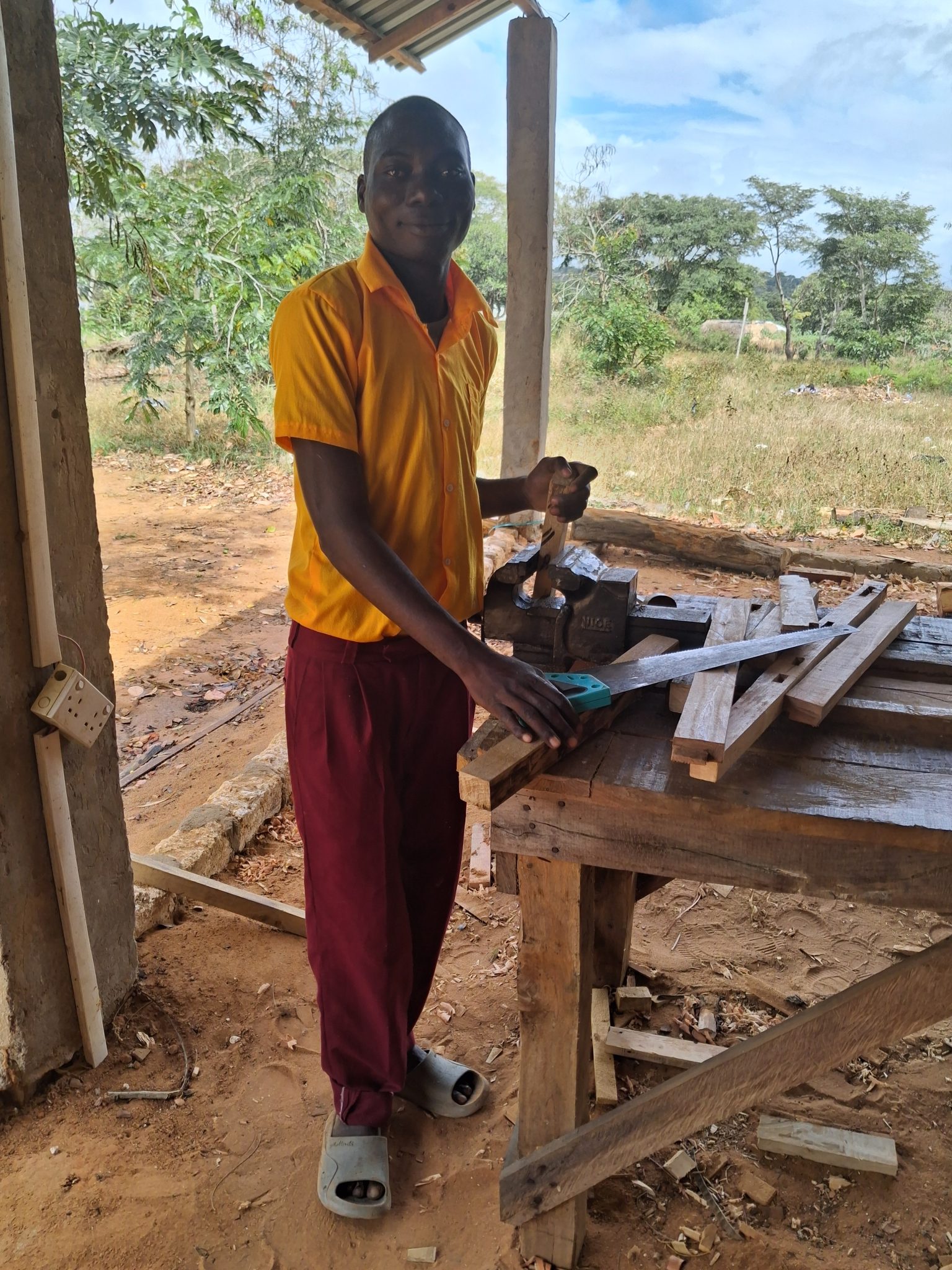
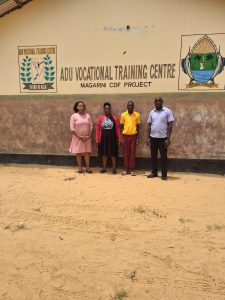
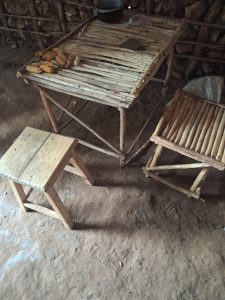
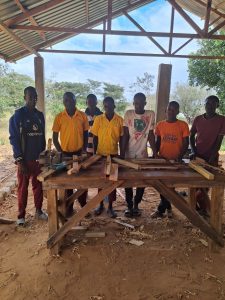
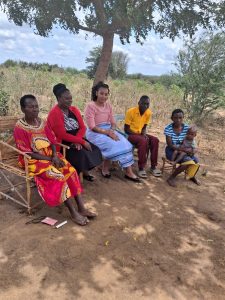
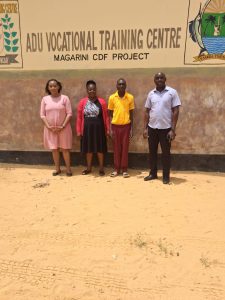
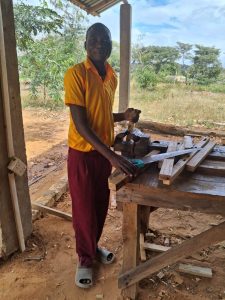



Leave a Reply